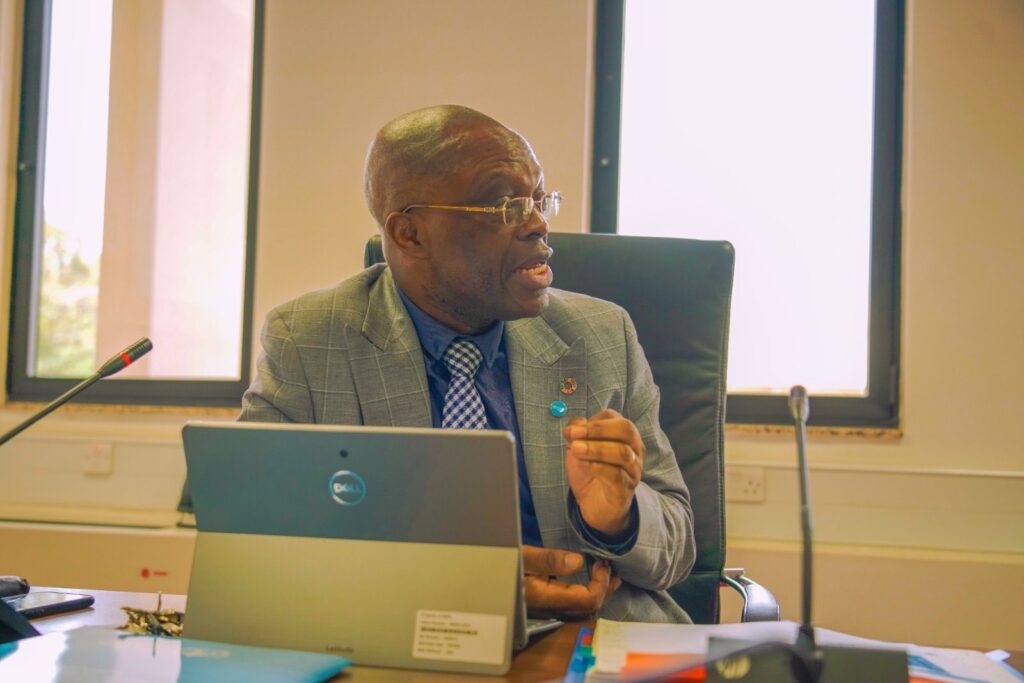- The Nigerian government has been urged to increase its public healthcare spending
- The country representative at WHO encouraged legislators to allocate funds, enact laws, and ensure their efficient implementation.
- The goal is to achieve a benchmark investment of US$6 per capita.
The Nigeria country office of the World Health Organization (WHO) has urged the Nigerian government to increase its public healthcare spending, to reach a benchmark investment of US$6 per capita.
Dr Walter Kazadi, the WHO Country Representative for Nigeria, made this statement on Wednesday in Abuja during a strategic legislative health retreat. He stressed the crucial role of legislators in allocating funds, enacting laws, and ensuring their efficient implementation. He highlighted the significant responsibility they bear as representatives of the people.
What the WHO representative said
Kazadi emphasized the significance of utilizing their distinct roles at the WHO to enhance health outcomes and reduce poverty. He spoke of their dedication to assisting Nigeria in restructuring its health system. He outlined how this commitment aligns with global frameworks such as the United Nations Sustainable Development Cooperation Framework.
In addition, he urged legislators to use their positions to establish healthcare as a basic entitlement for all Nigerians, reinforcing the government’s responsibility and promoting mutual accountability.
He recommended the following
- Achieving the universal health coverage
He highlighted the urgent need to focus on the health sector to achieve universal health coverage (UHC) and address the issue of insecurity in the country.
- Healthcare to be elevated in the constitution
He stressed that healthcare should be a priority in the Constitution and implemented as a commitment by authorities and legislatures.
- Health as a fundamental human right
Drawing on the knowledge acquired from the COVID-19 pandemic, he urged lawmakers to recognize healthcare as a fundamental entitlement, ensuring that all Nigerians can receive the essential medical services they require without facing financial hardships. He provided evidence that demonstrated the significant progress achieved by countries that have implemented public funding to attain universal health coverage.
- Combating non-communicable diseases
He also called for collective action to combat tuberculosis, non-communicable diseases, and other emerging health challenges.
- Achieving the SDG goals
Additionally, he advised legislators to actively participate in the implementation of WHO’s country cooperation strategy, highlighting their vital role in expediting progress towards the Sustainable Development Goals (SDGs) in the area of health.
He also advocated for the documentation of effective strategies and practices, serving as a reference point for other African countries.
- Prioritizing health financing
In a similar vein, the head of the Association for Reproductive and Family Health, Prof. Oladapo Ladipo stressed reforms which the 10th National Assembly needs to make to mainstream healthcare in the country, noting that health is wealth and education.
He said that the new legislators should ensure that the laws passed by the 9th assembly are implemented, as there was a need to change financing for health in the country.
He posited that tax should be recommended for the health sector such as aeroplanes are taxed; plus there is a need for a mechanism to monitor the use of these funds.
- “Health should be number two on the priority list of the government and treated as a basic human right for all Nigerians to have access,” he said.
